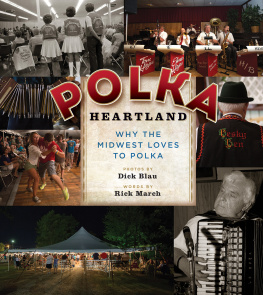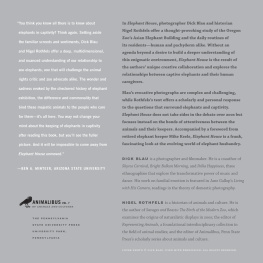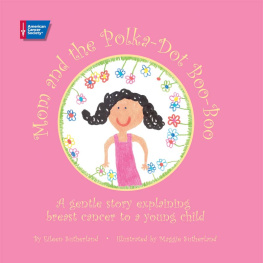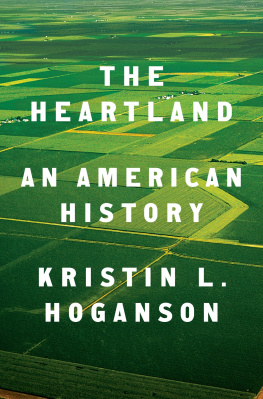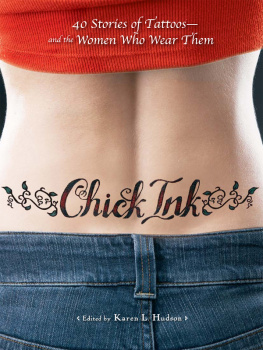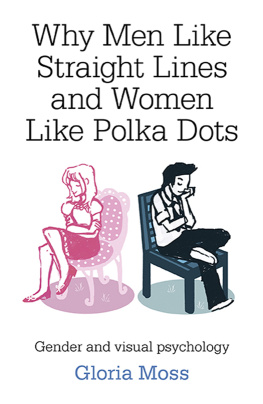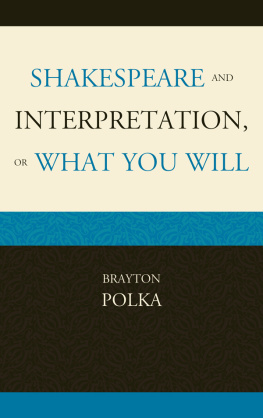POLKA HEARTLAND

Published by the Wisconsin Historical Society Press
Publishers since 1855
Text 2015 by the State Historical Society of Wisconsin
E-book edition 2015
For permission to reuse material from Polka Heartland (ISBN 978-0-87020-722-8, e-book ISBN 978-0-87020-723-5), please access www.copyright.com or contact the Copyright Clearance Center, Inc. (CCC), 222 Rosewood Drive, Danvers, MA 01923, 978-750-8400. CCC is a not-for-profit organization that provides licenses and registration for a variety of users.
wisconsin history .org
Images, except when otherwise indicated, 2015 by Dick Blau
Photographs identified with WHi or WHS are from the Societys collections; address requests to reproduce these photos to the Visual Materials Archivist at the Wisconsin Historical Society, 816 State Street, Madison, WI 53706.
The description of the 1986 Ellsworth Polka Festival included in chapter one was adapted from Rick Marchs Polka and Tamburitza: Ethnic Music and Dance Traditions in the Upper Midwest, in Ethnic & Border Music: A Regional Exploration, ed. Norm Cohen (Westport, CT: Greenwood Press, 2007), 139140.
Designed by Brad Norr Design
19 18 17 16 15 1 2 3 4 5
The Library of Congress has cataloged the printed edition as follows:
March, Rick.
Polka heartland : why the Midwest loves to polka / photos by Dick Blau ; words by Rick March.
pages cm
Includes bibliographical references and index.
ISBN 978-0-87020-722-8 (hardcover : alk. paper)ISBN 978-0-87020-723-5 (e-book)
1. Polka (Dance)Middle WestHistory. 2. Polka (Dance)Social aspectsMiddle WestHistory. 3. Middle WestSocial life and customs. I. Blau, Dick, 1943 ill. II. Title.
GV1796.P55M37 2015
793.3dc23
2015000744
To Tom Bamberger
Dick Blau
To Karl, who took me riding on his band bus right into the heart of the polka world
Rick March
CONTENTS
image galleries included
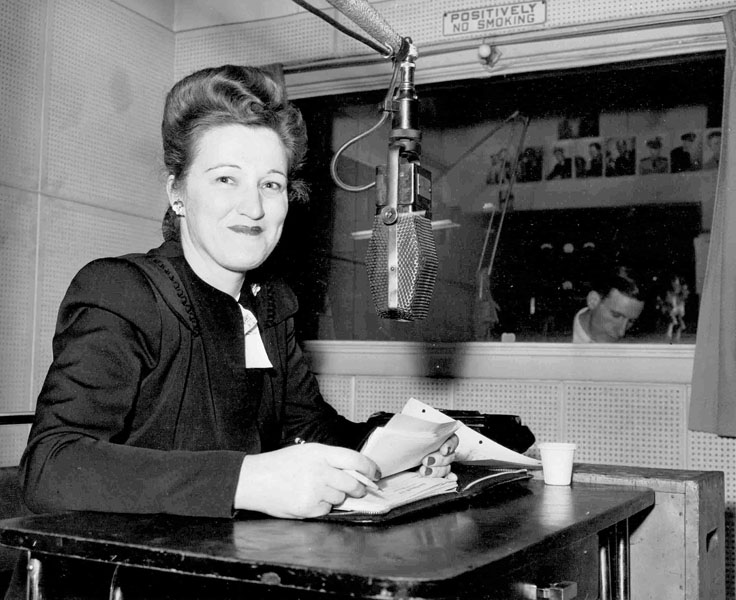
My aunt Agnes Daniels, host of The Croatian Radio Hour on WJBK in Detroit in the 1940s
Personal collection of Rick March
I cant remember the first time I heard a polka. It must have been when I was a baby, because I was born just a few months before Frankie Yankovics hit record Just Because had the nations toes tapping in 1948. I was only a little boy when, to the lilt of accordions at the Croatian hall, I heard my free-spirited Aunt Agnes chant, Just because you think youre so lijepa, Just because you think youre so vrua, embellishing every line of Yankovics song with a word or two in our language. She was making the song truly ours, something from our own in-group; and now to our delight, it was a national hit by a big new star. Frankie Yankovic was known to everyone in America, a guy whose Slavic name clearly made him one of us.
My Croatian mother and her siblings had arrived in the United States twenty-five years earlier. For decades, their immigrant community was castigated as dumb Hunkies. But in 1948 World War II recently had been won, and my relatives felt a new degree of acceptance in American society. They were proud to have contributed to the Allies victory.
We worked hard and we fought hard on all fronts, my Auntie Aggie intoned over the radio, speaking of her community. She was the on-air hostess of The Croatian Radio Hour on WJBK in Detroit. She interspersed Slovenian polkas by the likes of Yankovic, Tony Omerzel, and Kenny Bass with Croatian tamburitza music.
Slovenia was the neighboring country to the northwest of our old homeland Croatia, and Slovenian Americans often were literally our next-door neighbors in the industrial working-class cities of the Midwest. It was far from unusual for Slovenians and Croatians to attend the same churches, frequent the same bars, and carry their lunch buckets to the same factories. Slovenians, too, were rebuked as Hunkies. Then came Frankie Yankovic, a proud dumb Hunky who had the talent and the smarts to create a modernized, Americanized version of his ancestors traditional music and turn it into a big seller on the American hit parade.
When I was a young man living in Milwaukees south side Polish neighborhood, I discovered that several of the corner taverns featured little polka bandsmodest duos consisting of a Chemnitzer concertina and a drum set. Dave Stolowski, Stan Nowicki, and Al Gostomski Roberts were some of these skillful concertina players. One bar, the Plaza, featured bigger Polish bands, including Chicagos Eddie Blazonczyk and the Versatones, perhaps the most influential Polish American polka band ever. Veterans Park, down near the airport, consistently booked an array of the best Polish polka bands from the Windy City.
The young concertina virtuoso Don Gralak lived a few blocks from me, and we became chummy. Don had created a unique amalgamation of Polish concertina and Slovenian polka. Thanks to Don, I learned that in addition to the Slovenian and Polish polkas popular in Milwaukee, there were bands playing even more varieties of polka just a short drive from the city. I was immediately intrigued.
Soon I became a regular listener of WTKM, a radio station in Hartford, Wisconsin, that billed itself as The Polka Place. Their DJs emphasized the so-called Dutchman and Bohemian styles.

The Blue Danube Orchestra playing in Milwaukee in the early 1980s. Im in the first row, second from left.
Personal collection of Rick March

I played with the Madison-based Emerald Isle Ceili Band throughout the 1990s. Top row: Mike Doran, Barbara James, and Joe Lawrence; bottom row: Rick March and Tommy McDermott
Personal collection of Rick March
I discovered how friendly and approachable people on the polka scene could be. I met dancers like Ken and Carol Roth, who taught polka dancing at Veterans Park. Even the big-name musicians proved highly accessible. I became acquainted with Eddie Blazonczyk and Louie Bashell, Milwaukees most prominent Slovenian bandleader.
Although I am a musician and had become enthusiastic about polka, I was slow to begin performing polka music myself. During my teenage years in California, I had become a folk, blues, and rock musician. Later, in Milwaukee, I played in Blue Danube, a small orchestra that performed Eastern European music on mandolins and tamburitzas. My plunge into playing polka came in 1983, after I relocated seventy-five miles west to Madison to take the job of folk arts specialist for the Wisconsin Arts Board.
Before I had a chance to establish a new network of musician friends, I played solo. But playing the mandolin by yourself isnt so fulfilling. So I picked up a little two-row button accordion at a used-instruments shop and taught myself to play. With chords and bass notes on the left hand and melody and harmony on the right, I became sufficient unto myself.


